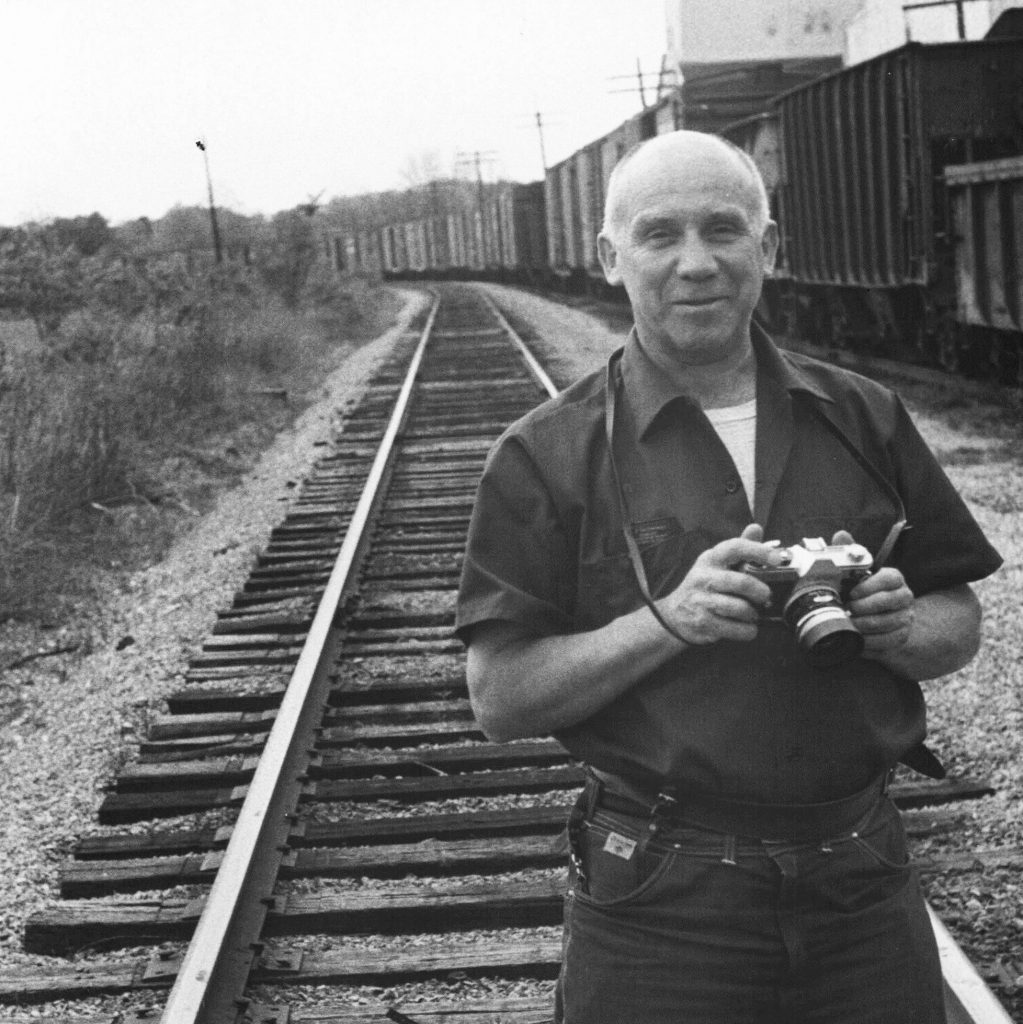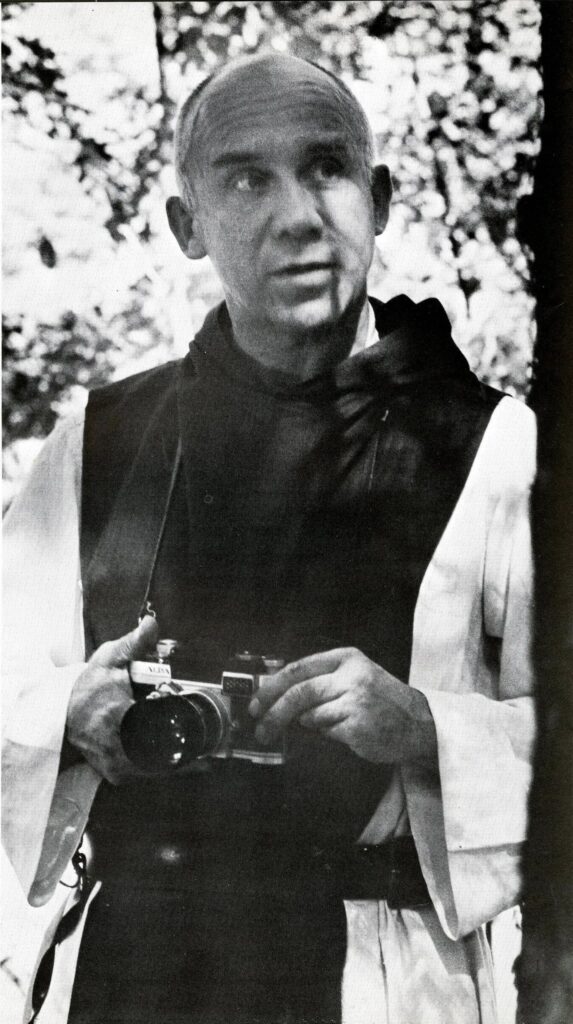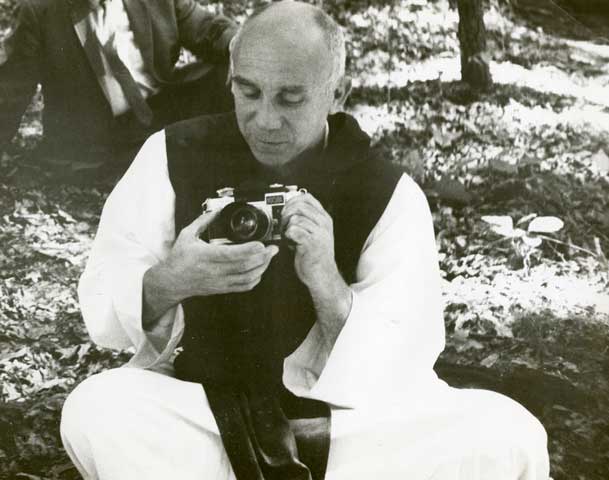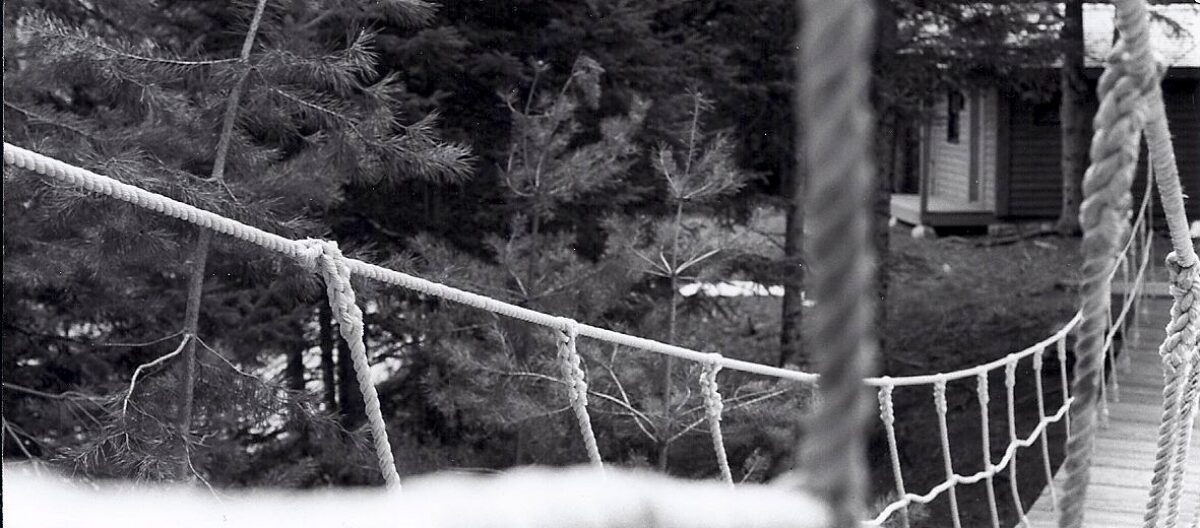MONK & CAMERA
Backwoods Blog;
in the woods and on the road…

The great temptation of modern man is not physical solitude but immersion in the mass of other men, not escape to the mountains or the desert, but escape into the great formless sea of irresponsibility which is the crowd. There is actually no more dangerous solitude than that of the man who is lost in a crowd, who does not know he is alone and who does not function in community either…To live in the midst of others sharing nothing with them but the common noise and the general distraction, isolates a man in the worst way, separates him from reality in a way that is almost painless.
If you live in a city and work among machines and ride in the subways and eat in a place where the radio makes you deaf with spurious news and where the food destroys your life and the sentiments of those around you poison your heart with boredom, do not be impatient, but accept it as the love of God and as a seed of solitude planted in your soul. If you are appalled by those things, you will keep your appetite for the healing silence of recollection. Meanwhile, keep your sense of compassion for those who have forgotten the very concept of solitude. You, at least, know that it exists, and that it is the source of peace and joy. You can still hope for such joy. They do not even hope for it any more.
Thomas Merton Seeds of Contemplation 1961
*
What do you mean by the “world” anyway? The image of a society that is happy because it drinks Coca-Cola or Seagrams (or both) and is protected by the bomb. The society that is imaged in the mass media and in advertising, in the movies, in TV, in bestsellers, in current fads, in all the pompous and trifling masks with which it hides callousness, sensuality, hypocrisy, cruelty, and fear. Is this the world? YES.
Here is an unspeakable secret; paradise is all around us and we do not understand. It is wide open. We are off “one to his farm and another to his merchandise.” Lights on, clocks ticking. Thermostats working. Stoves cooking. Electric shavers filling radios with static. “Wisdom,” cries the dawn deacon, but we do not attend.
Thomas Merton Conjectures of a Guilty Bystander 1968
*
Living in northern New England lends itself to a contemplative mood this time of year, as we have plenty of snow accumulation and still weeks to go before Easter and spring arrive. Lent provides a “slowing down” and “re-calculating” opportunity before the snow melts and we gear back up for another busy go around. As this is the first week of Lent, I dug into some of my old files and found papers I wrote about Thomas Merton when I was in seminary (all those years ago). With my erratic filling system I’m surprised I found anything at all, but you never know until you look…Merton was a Trappist monk who entered the Abbey of Gethsemani in Kentucky in 1941. His spiritual autobiography, The Seven Story Mountain, was published in 1948 and appeared on National Review’s list of the 100 best non-fiction books of the 20th century. He wrote over fifty books on the contemplative spiritual life, comparative religious studies and even some poetry. While on a trip to the Far East in 1968, he was killed in Bangkok in a freak accident as he was electrocuted when a defective fan fell on him while taking a shower. His complete journals were released after his death. Merton was an avid jazz fan (unusual at the time for a monk) and an accomplished photographer. Taking a vow of poverty, he was allowed to own few possessions, but he borrowed most of his camera equipment and shot a collection of about 1,800 photos during his lifetime. In February of 2015, Columbia University’s Rare Book & Manuscript Library purchased the Merton photos, including his borrowed camera, and displayed them in a Merton Centennial Exhibition at Columbia (of which Merton was an alum). The camera was a Swiss company Alpa, and when opened at the exhibition the leather camera case still smelled of tobacco smoke and incense. Apparently it was never used after Merton’s death. When reading his final book, The Asian Journal, what I enjoyed the most were the black and white photographs that Merton took during his trip, as it turned out, some of the final rolls of film he ever shot.
Two books of Merton’s photographs have come out in recent years; Beholding Paradise by Paul M. Pearson (2020) and A Hidden Wholeness by John Howard Griffin (1979) which are both available on Amazon. The title “ A Hidden Wholeness” comes from a Thomas Merton poem “Hagia Sophia” and I will leave you with a few lines from the poem. For more on Merton check out backwoods blog #4, one of the early entries. Contemplate winter.
“There is in all things…a hidden wholeness. There is in all things an inexhaustible sweetness and purity, a silence that is a foundation of action and joy. It rises up in gentleness and flows out to me from the unseen roots of all created being.”
In the woods,
Dave
March 1, 2023




Thanks, Dave. I love the reflections on solitude and Thomas Merton, both dear to my heart (and the photos).
posted by Nancy W